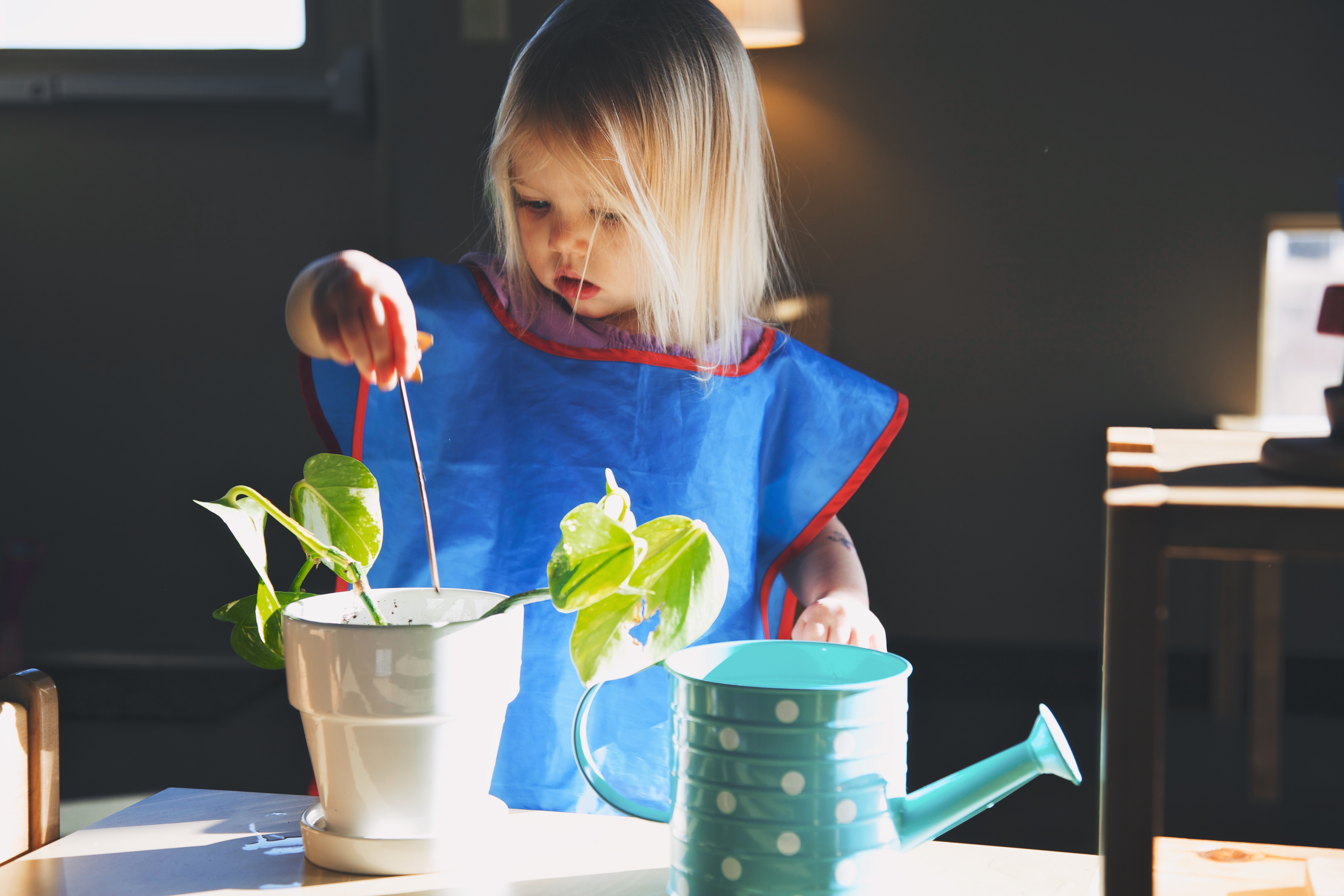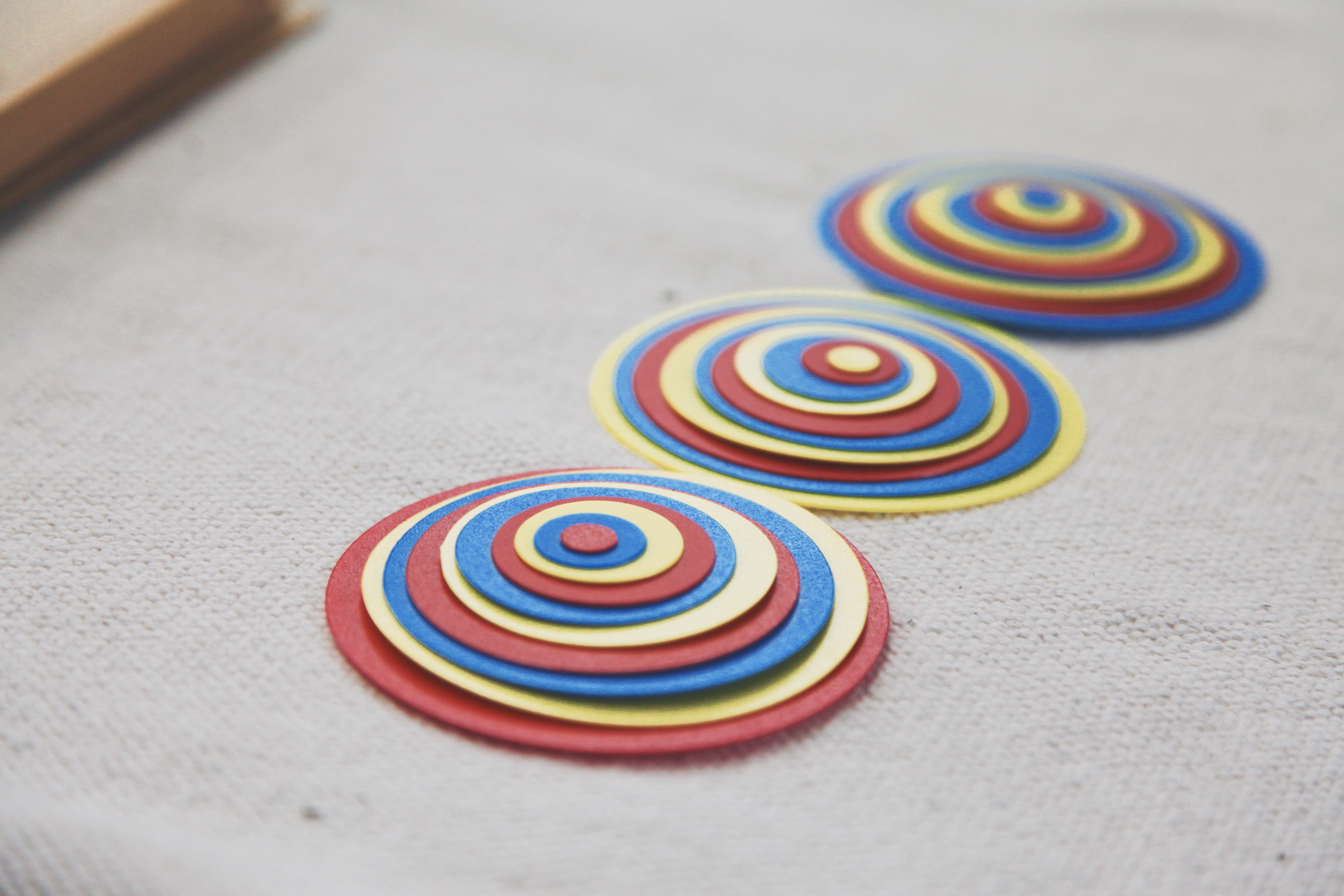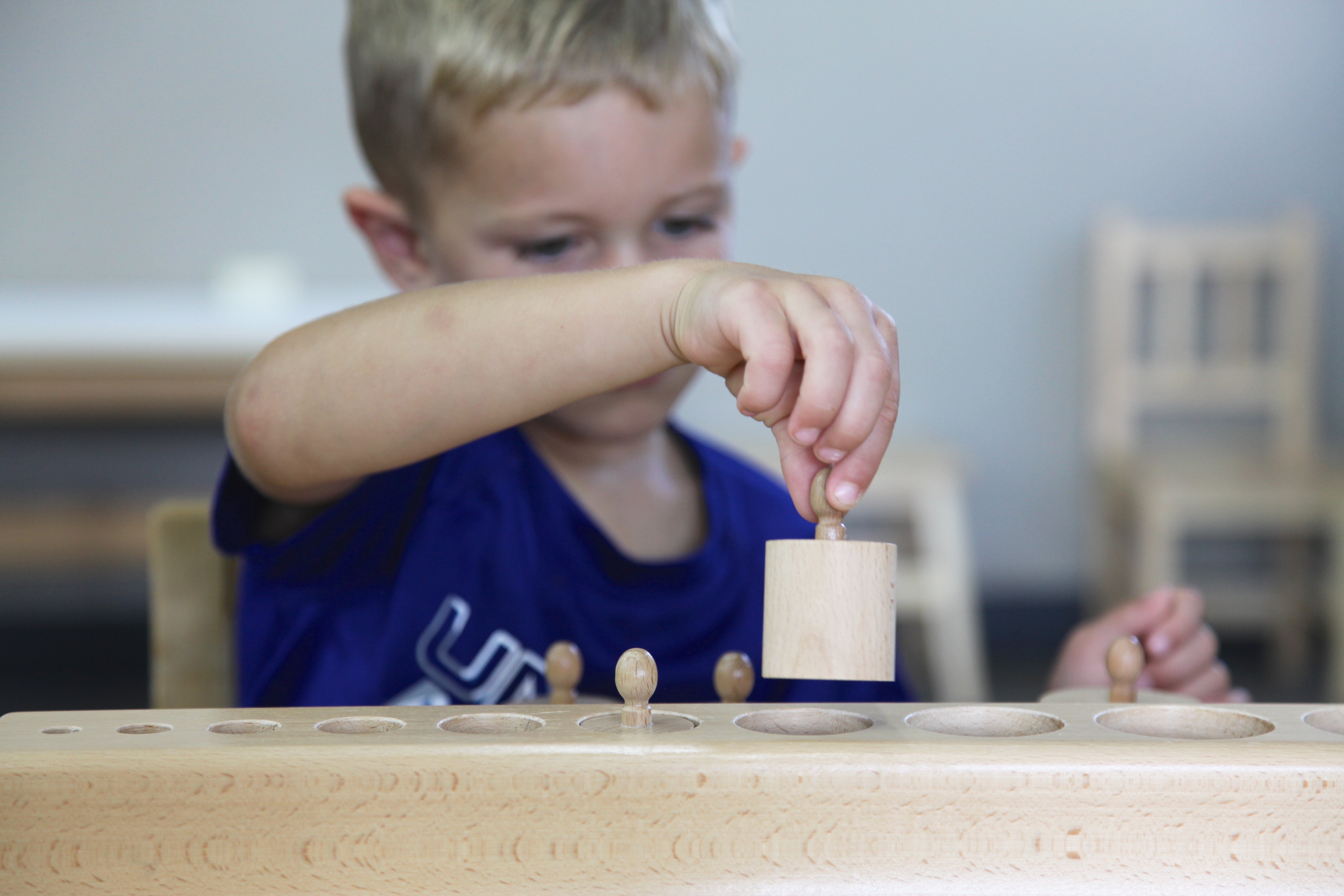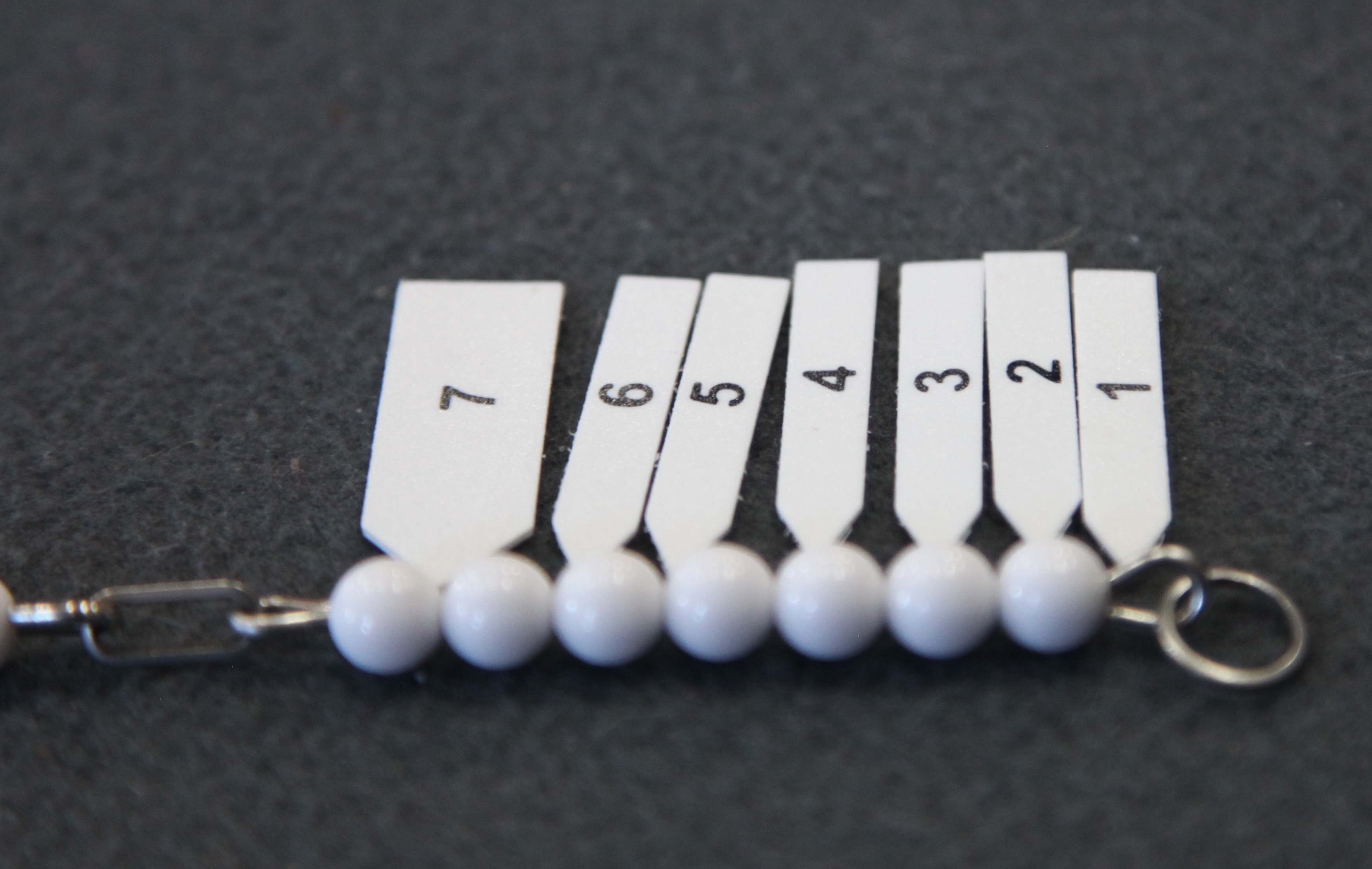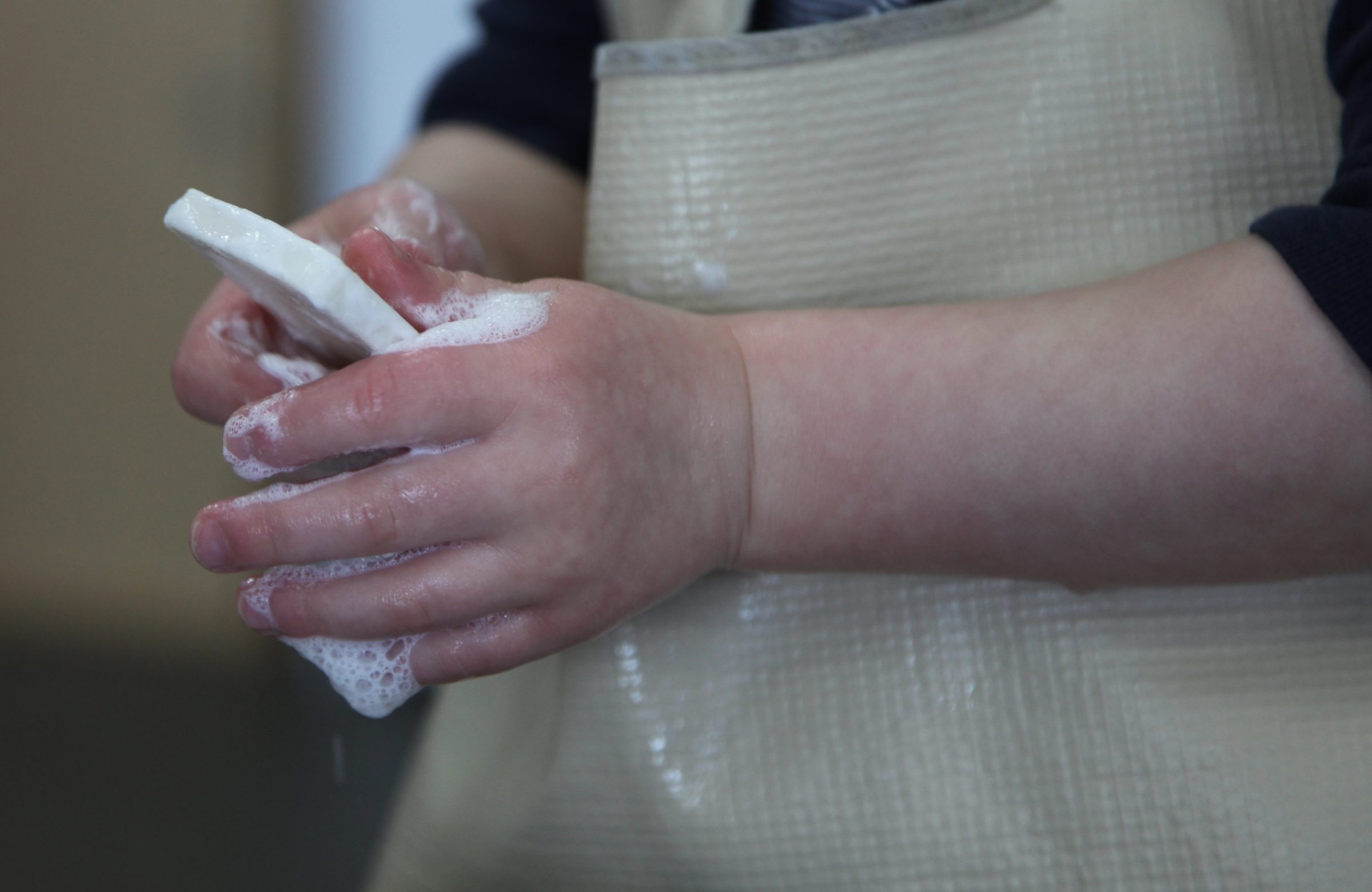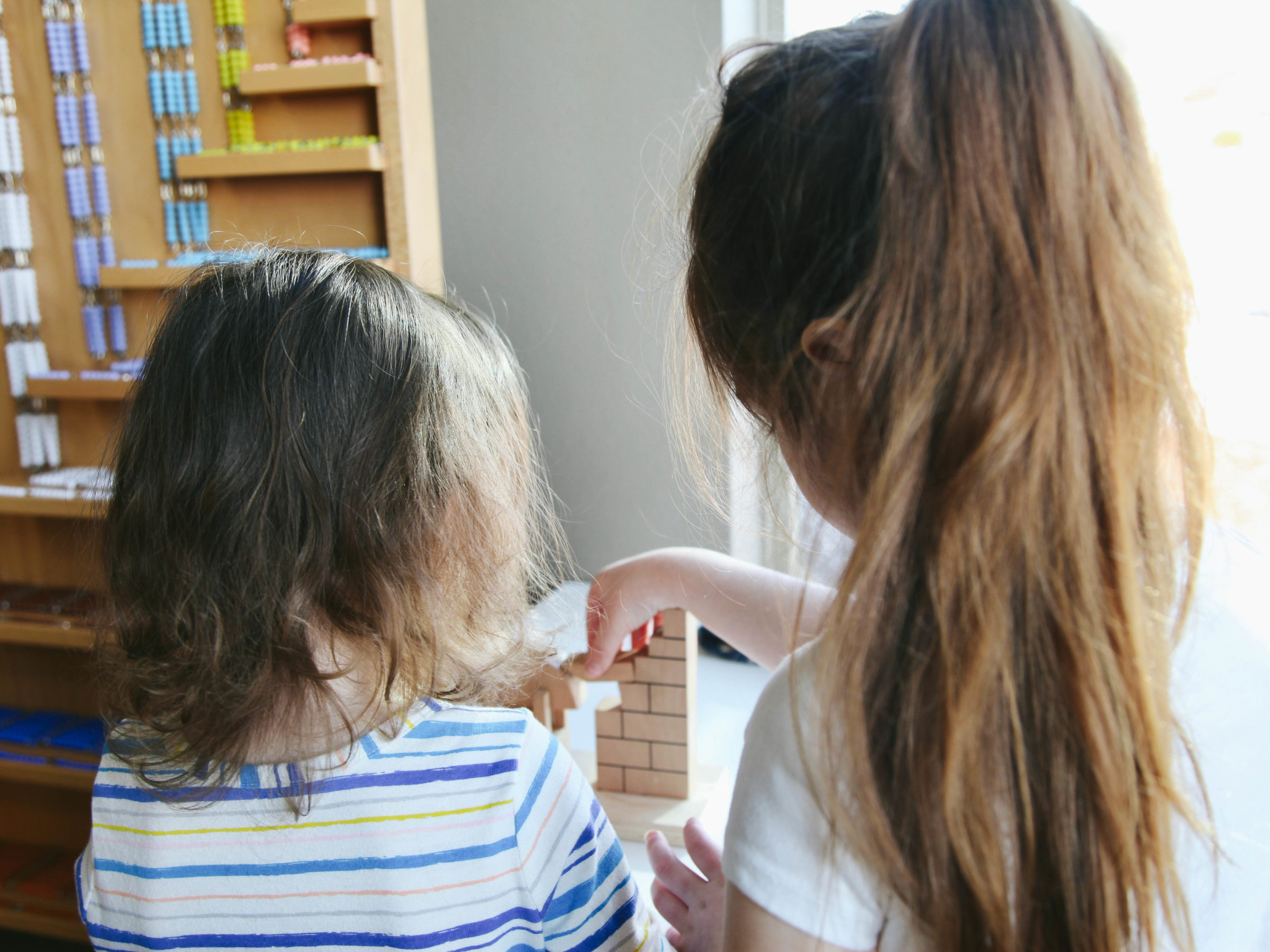Consistency
Thoughts & Reflections
We talk a lot about consistency. We believe that consistency leads to the greatest success. What do we mean by consistency? Can nothing ever change? How might it lead to a child’s success? We’d love to discuss this further.
When we talk about consistency, we mean how we as adults prepare the conditions, the classroom, ourselves to remain steady. The world changes so much every day, children are growing and adapting to the world around them, and the Montessori classroom and the trained Montessori adult are a rock in the rapidly flowing water. Steady. Unmoving.
The child knows where to go to find a favorite material, or snack. They are not going to walk into the classroom and have, suddenly, everything moved around. On occasion, we remove a material, for repair, or sometimes, as is the case with library books or materials for developing vocabulary, and even this small change can be quite surprising for a child. Where is the Cylinder Block? What happened to it? Is it coming back? In fact, it might be such a dramatic event for a child that their parent or caregiver asks us about it, “Did something happen with a Cylinder Block?”
Even weeks or months later, we might hear, “Remember when you had to fix the Cylinder Block?” We’ve forgotten about it. The children haven’t.
We all have good days and bad days, days when we got proper nutrition and adequate sleep, and days when the weekend could have lasted just a little longer. Children need us to leave this baggage at the door.
One day, a child knocks a material off their table, and it is met with a gentle look, a reminder that we must treat our materials with care, assistance in organizing all our myriad supplies so they fit on the table.
Another day, this same situation is met with irritation, being asked to put away the material.
These reactions are based on an adult’s mood-of-the-moment, and are absolutely unfair to the child.
“It is not the child’s responsibility to be good to make us happy.”
Ideally, the goal we are all working toward, is that our response to a situation is consistent, regardless of how we feel, what side of the bed we woke up on, whether it is Monday or Friday. Our response is patient, firm, clear, logical. We are not more lenient with careless spills when we’re well-rested and Spring Break is only two hours away. We are not more stringent when it’s snowing outside and we have an errand to run later and we forgot our lunch.
It is not the child’s responsibility to be good to make us happy. It is our responsibility to make the world accessible to the child.
The Montessori methodology does not make possible developments a child would never achieve without the gift of materials; every child will develop manual dexterity, even without manipulatives.
The Montessori methodology makes these developments more accessible, through using manipulatives, so that these conquests of development — motor control, literacy, algebra — are simple explorations, opportunities to discover learning, rather than memorized rules.
Since the child is determining their progression through mastery of materials, revealing developmental needs to their teacher every day, there is really no opportunity for “make up.”
If you miss a lecture, you can get the notes from a friend, study content from a text book, go to office hours with the professor.
If your development is pushing you toward mastering your letters, and your routine is disrupted — the material is missing, you miss school, classroom rules are changed, your teacher is not present to your developmental needs in this moment — there is no text to study, no extra hours to put in. Momentum which has been gathering might be derailed. You might be distracted by another strong development, such as honing fine motor control, or navigating relationships with friends.
Children are incredibly resilient. They are courageous in their learning, following their development as it leads them through successive conquests of learning and of physical and emotional development.
“The momentum is when the real learning happens.”
If, for any reason, a routine is disrupted — an illness, vacation, running late on Wednesday — the learning will still happen. There is no need to fear a child will only learn his numbers with a perfect attendance record.
But, given how many other things are happening in a child’s development — figuring out their place in their family, in the world; intuiting cultural norms including language; establishing a strong foundation of learning — an abrupt stop in momentum can mean it takes a while for the train to get going again. The momentum is when the real learning happens.
As adults, we like to take breaks. We work hard, and decide to come in to work a bit late the next day, enjoying a cup of coffee outside while the birds sing. We work extra hard, getting things ready ahead of time, in preparation for a vacation.
Children do not operate like this.
They are each on their own path of development, working at a slow and steady, or apparently unnoticeable, or raging pace, depending solely on themselves.
No one can tell a child, hurry up and learn to talk faster, to master addition just a little more quickly, to start walking cause Grandma is visiting next week.
We can just be present to the moment, to provide opportunities for learning as they present themselves, to be patient, and consistent.
The child is doing plenty of changing and growing. We can be their unwavering, steady rock.
Written by:
Charlotte Snyder
